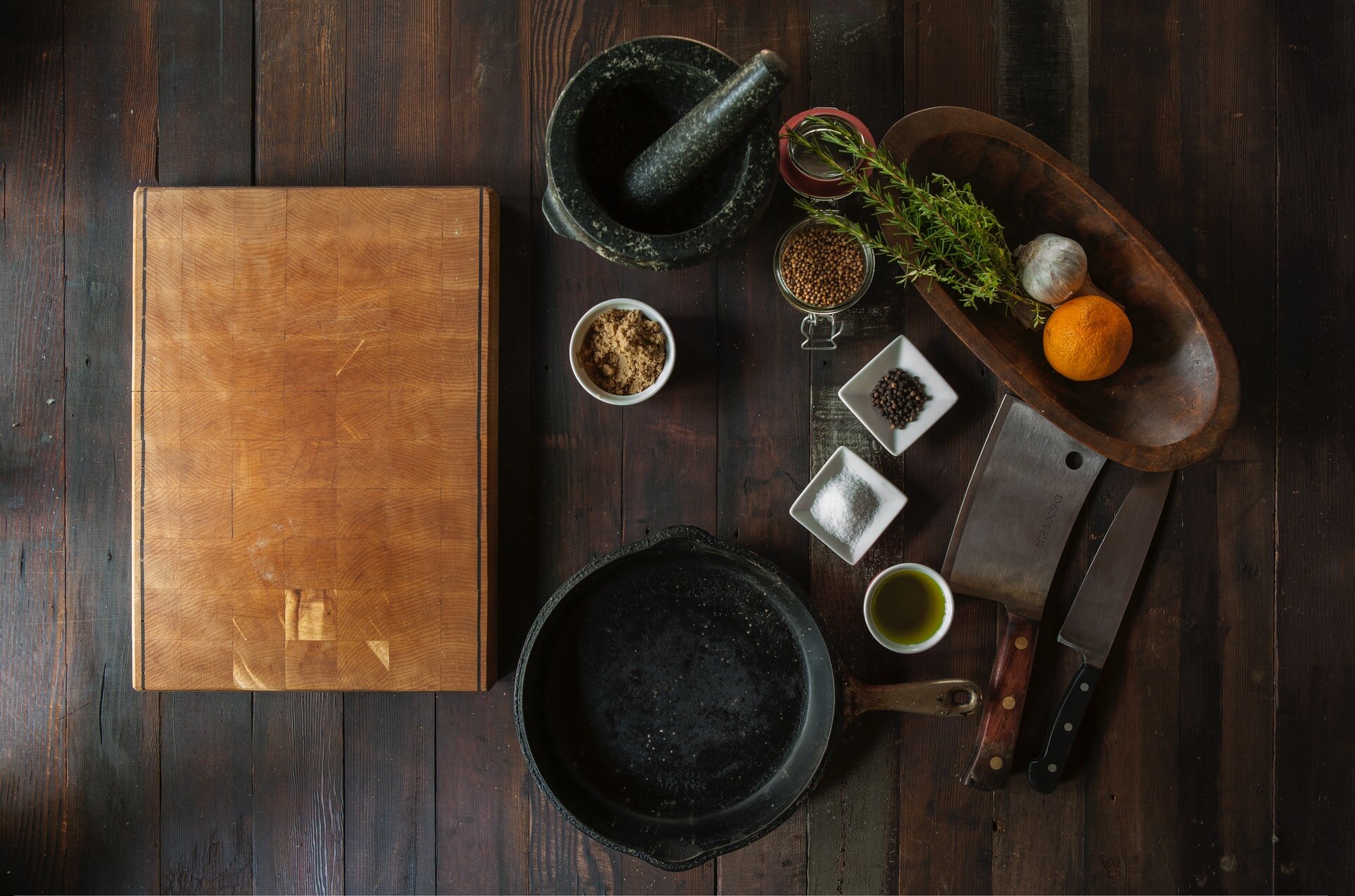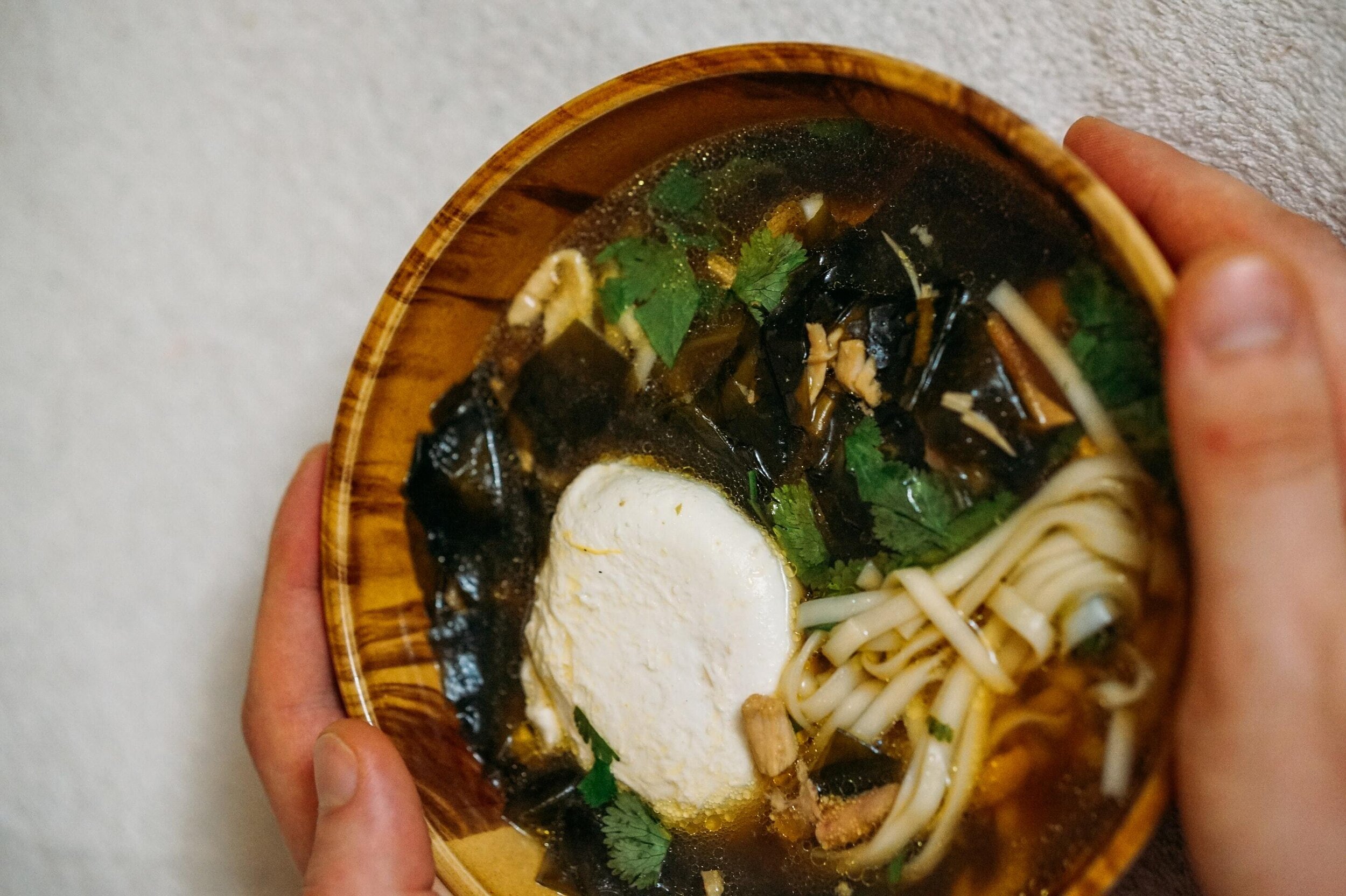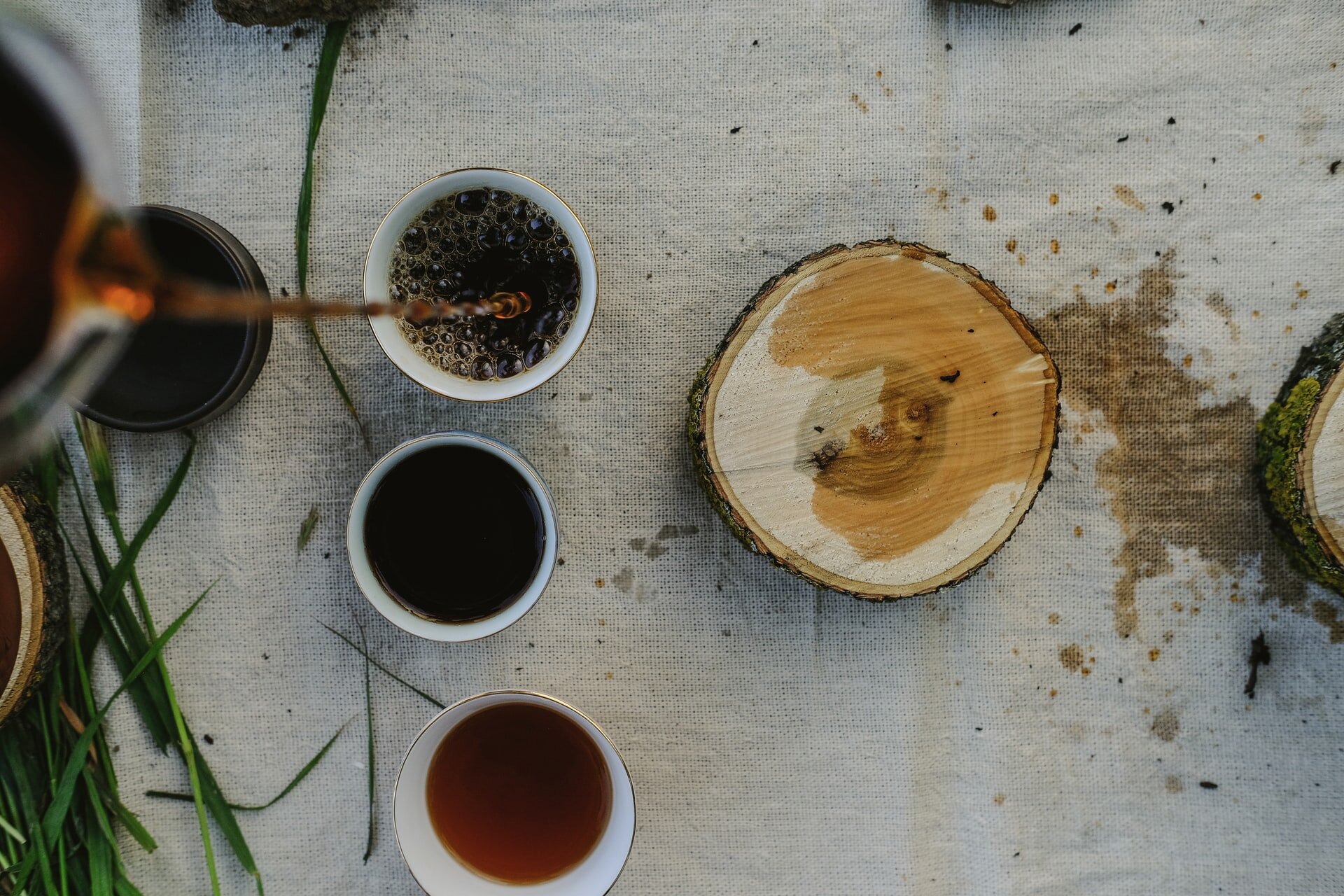The Ultimate Guide to Traditional Chinese Medicine as a COVID-19 Treatment
photo by Todd Quackenbush
COVID prevention, treatment and recovery is a big concern these days. A year into the COVID pandemic, there is now a lot of information on the best ways to use Traditional Chinese Medicine (TCM) to combat COVID problems. This includes studies as well as practical experience in the effects TCM can have on long-term problems associated with COVID.
TCM vs the Allopathic Approach
COVID infections are linked to long term symptoms such as fatigue, shortness of breath, joint pain, chest pain, cough, and the loss of the ability to smell. Western medicine hasn’t found the cause of this long-term damage, which means that reversing these problems is difficult.
Most doctors take an allopathic approach to health, which means that they focus on stopping infection. However, according to TCM, there needs to be a focus on supporting the body past the disease/infection. COVID or similar devastating illnesses can cause intense chronic inflammation, leading to scarring in the lungs and other organs. This can lead to organ failure due to the damage of organ tissue.
Finding gentle and natural ways to address these problems is essential for the long-term health of COVID sufferers.
Post-Covid Recovery
If you’re looking to improve your COVID recovery and aid with rebuilding organ tissue and function, then TCM can help. There are certain Chinese herbs that will gently and safely help to:
• Support Lung and Spleen Qi energy to improve breathing and digestion
• Treat Yin Deficiency, which will help reduce inflammation and enhance moisture so that phlegm does not become thick and dry enough to scar the lungs
• Treat Qi Energy Deficiency
• Enhance Circulation so that blood and fluids can reach damaged organs, known in TCM as “treating stuck qi.”
photo by lucas mendes
The Role of Herbs in COVID Prevention and Recovery
Traditional Chinese herbs can help curb inflammation and kill disease germs. They can also be calibrated to your specific condition to help support organs and organ functions (Qi.) Many of the everyday tonic herbs that you can use for longevity may also help to prevent some of the long-term side-effects of COVID by restoring organ tissue and function.
One of the most important ways that TCM can improve your health after COVID-19 has to do with your lungs and their connections to other parts of your body.
Enhancing Lung Health
The lungs are obviously one of the most important organs in your body. Unfortunately, they’re also under constant assault from the polluted atmosphere, smoking and stress.
In Chinese medicine the entire body works together in harmony through the interconnection of outside and inside. Through the network of meridians, the skin is connected energetically with the lungs, large intestine, and the gut. This explains why issues with your lungs or other organs are often reflected on the surface and vice versa.
For example, have you noticed how people who smoke often have complexion problems? When they stop smoking, they naturally have less thirst and acne, and their breathing is enhanced. Traditional herbs can have the same effects. For instance, cooling, moistening herbs that address lung inflammation may have beneficial effects for these kinds of chronic problems. The increased oxygen will help protect cells against disease and aging and improve energy and mood.
You can improve delicate lung tissue after COVID-19 with a soup tonic known as Radiant Air.
Radiant Air Soup Tonic 沙参麦冬汤
Radiant Air Soup Tonic is made with Glehnia and Ophiopogon Root as well as several other beneficial herbs. Unlike with some other formulas there are no strong anti-inflammatory or antibiotic herbs added to Radiant Air. It is mild and pleasant and can be used long term to help correct dry mouth, dry cough, smoking and stress. It may also help to enhance breathing, reduce inflammation, and alleviate a sore throat.
The most important herbs in this soup tonic are:
Glehnia
Glehnia (bei sha shen) root is used to alleviate lung dryness and bronchitis. It can grow to 19 feet long and is sold as thin, cylindrical, pale beige sticks. It’s cooked in herbal decoctions to ease thirst, moisten lung dryness, reduce dry cough and treat bronchitis. It can also be used to ease stomach discomforts and constipation. Its taste is sweet and slightly bitter when added to soups.
Opiopogon
Ophiopogon tuber (mai dong) is an antiseptic that is particularly useful in the healing of mouth sores. Its sedative qualities provide relief for insomnia, heart palpitations, anxiety, and restlessness. This herb is actually quite similar to the many chemical sedatives used in Western medicine in that it reduces muscle spasms. It is used to moisten the lungs, generate fluids, moisten the intestines, eliminate irritability, and clear heat.
According to current research, ophiopogon tuber benefits respiratory health, promotes a healthy blood glucose level, and supports digestive health. A 2019 article in Progress in Molecular Biology and Translational Science reports that it nourishes the lungs and can “relieve the mind and eliminate heart fire.” That means it may be useful for reducing anxiety and palpitations.
Five Flavor Fruit
Chinese medicine reflects the idea that five flavors of foods and herbs affect internal organ systems. These flavors are bitter, sweet, pungent, salty and sour. All five flavors are necessary for optimal wellness. Schisandra fruit is called wu wei zi because it has all five flavors and is considered a major tonic for the organs. It raises energy, enhances circulation and helps to clear congestion and inflammation from the eyes and complexion.
This fruit is an adaptogen, which means that it helps to lower stress hormone levels in the body. This makes it good for improving athletic endurance and as a general tonic.
Luffa
Luffa, a long green gourd that resembles a luffa sponge, is added to this soup tonic for treating and preventing colds. It is used for nasal swelling and sinus problems and is often used for arthritis pain, muscle pain, and chest pain.
Perilla Seed
This is the spicy seed of purple perilla from the mint family. In this formula it is used for treating asthma. It also helps with nausea, induces sweating, and reduces muscle spasms. Perilla seed is a popular spice in India and can be added to rice, breads, or soups. It is also an anti-aging superfood that has twice as much omega3 oil as chia seeds.
Scutellaria (Chinese skullcap), Tangerine Peel, and Kombu
These additional ingredients in the Radiant Air soup tonic can help to improve your digestion.
Fritillary Bulb
This ingredient in the Radiant Air Soup tonic is an expectorant, which means that it will help to clear lung congestion.
Ginseng and Radish Seed
Other tonic herbs in Radiant Air include ginseng and radish seed which are good sources of:
• Vitamin A
• Thiamin
• Riboflavin
• Pantothenic acid
• Calcium
• Iron
• Copper
• Vitamin C
• Niacin
• Vitamin B6
• Folate
• Magnesium
• Phosphorus
• Manganese
photo by Hanna Balan
How to Make Soup Tonics
You will need to start using herbal brews gradually so that you can get used to the taste and effects. And always follow the guidance of your herbalist with these types of products.
To make the soup, empty the package of Radiant Air Soup into 1 quart of water and simmer them for 30 minutes. A non-metal pot works best for this, but you can also use a ceramic coated or glass pot. You can use the same herbs 3 times, but the cooking time will be around an hour the second and third time.
Here’s how to get the most from the mix:
• Inhale the steam to help clear sinus congestion and head and throat discomforts
• Allow the mixture to cool until it is comfortably warm
• Add a little fresh lemon juice or raw honey to enhance the flavor
• Always use the full mix as it’s a complete energetic treatment that uses herbs that enhance and complement each other and won’t have the same effects if it’s altered
How to Balance Your Immune System for COVID or Auto-immune Illnesses
People who suffer from chronic inflammation from auto-immune illness, smoking or COVID need to work to balance the immune system. Many people who die of COVID do so because of a cytokine storm, which means that the immune system overreacts to the infection. The powerful T cells and other immune system substances increase in number and the immune system can end up attacking the patient.
You can help to decrease this immune response with:
Astragalus (huang qi)
You can help prevent an overactive immune system with an immune-regulating herb like astragalus. This herb can be added to recipes like chicken soup. Normally you would use 4-5 slices in a recipe for a strong immune system. However, for recovery from COVID, the dose of astragalus would be 30 – 60% of the formula, in other words, a very large dose. This will help prevent the immune system from attacking organs and support vitality.
Astragalus Tea
Drinking tea made from this herb between meals can also help regulate the immune system. For daily use, simmer a handful of astragalus slices in 1 quart of water for 30 – 45 minutes. For COVID recovery, triple the dose of huang qi slices and simmer for 1 hour. Drink 1 – 3 cups as needed.
Radiant Air
You can also increase your energy levels using the Radiant Air mix mentioned early. This can be combined with tonic herbs to alleviate chronic weakness, poor digestion, low immunity, and low spirits.
Fatigue Fighter
Fatigue Fighter is another mix that may help balance your immune system and help with COVID recovery. It contains:
• Reishi mushroom (ganoderma)
• Agastache
• Poria
• Angelica
• Tangerine peels
• Licorice root
• Platycodon root
• White atractylodes
• Pinellia buds
• Perilla leaf
photo by Sergey Norkov
Food as Immune Boosting Medicine
Foods and herbs have been used as natural medicines to promote longevity for thousands of years. They can also help to boost your immune system during times of crisis or illness. However, you should always consult with your herbalist or medical practioner first before you try any alternative remedies. A medical practitioner will be able to assess your body to determine if you require medical intervention for your symptoms.
Learn how to use powerful tools to avoid illness and aging discomforts in ways that best suit your needs and the change of seasons with the Academy of Healing Nutrition holisitic health coach training, available globally online.




